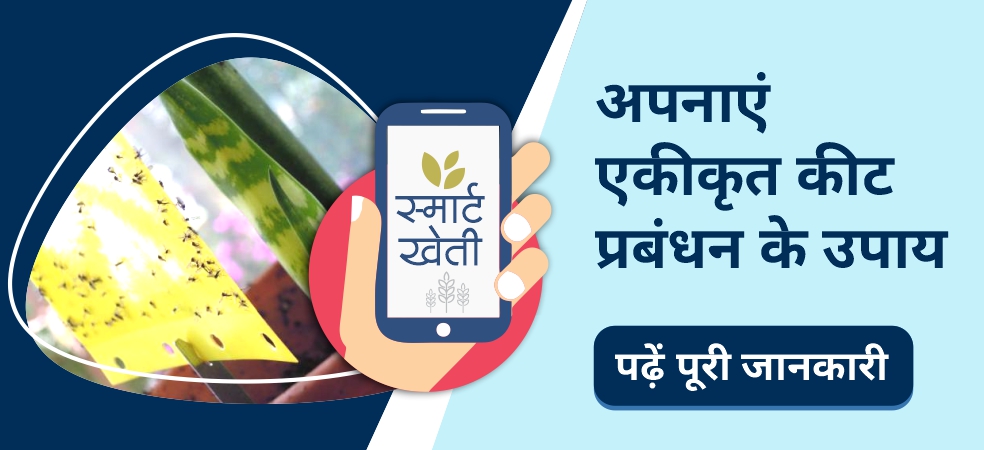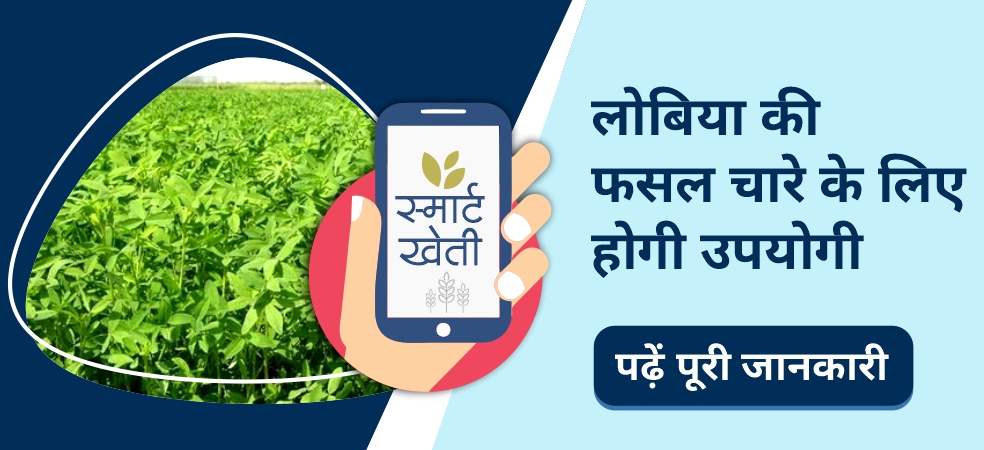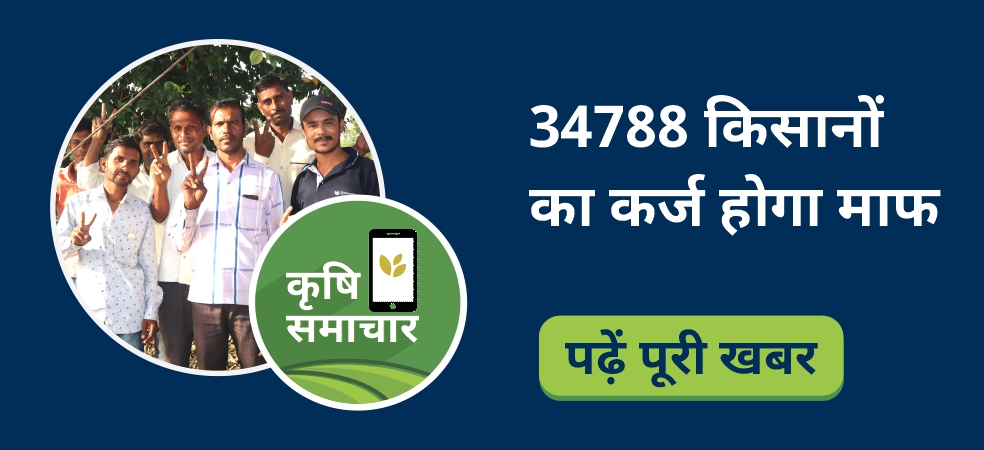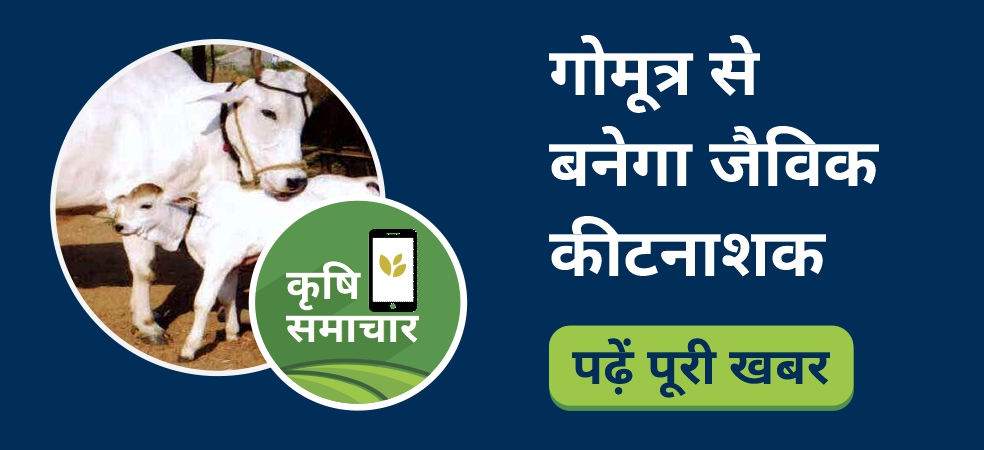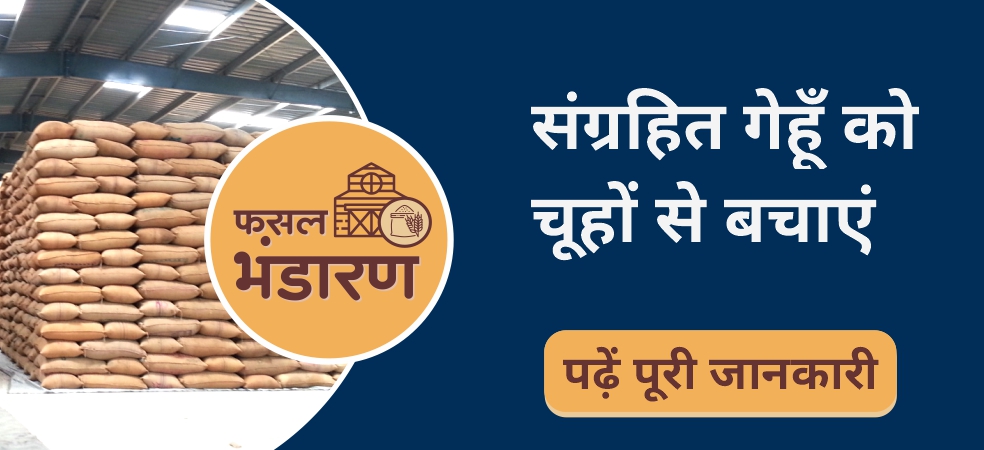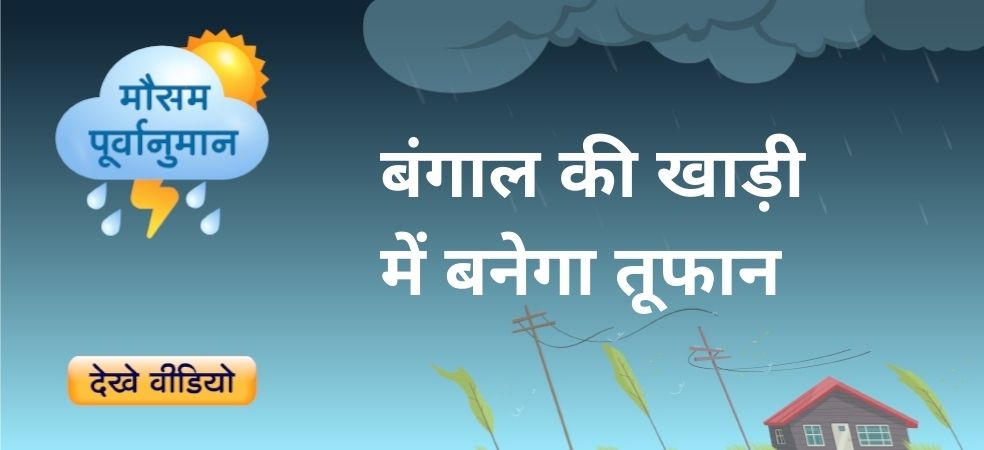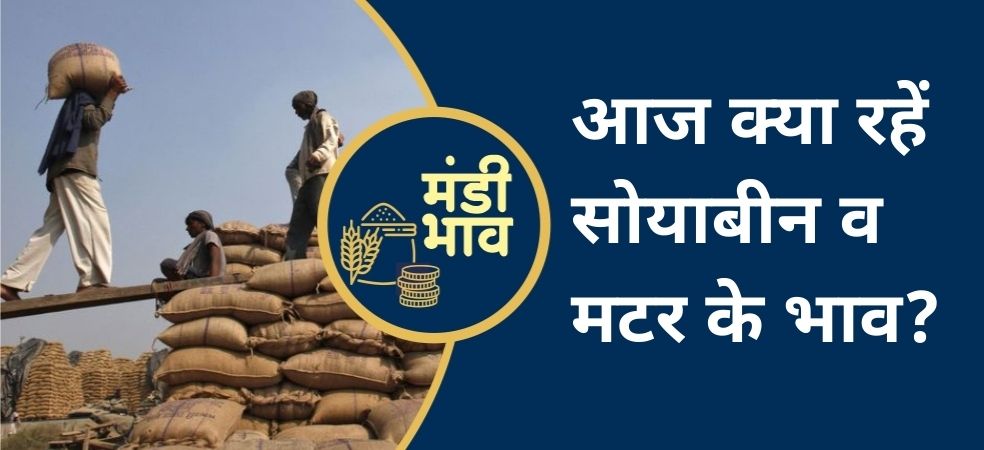Maharashtra Finance Minister Ajit Pawar has announced several schemes in the interest of farmers. One of these schemes is about loan waivers of farmers. Which is for all the farmers of the state who have availed loans from the Land Development Bank. With the help of this, now the debt-ridden farmers will get relief from loan waivers.
Under this scheme, the loan taken by the farmers on their crops will be paid by the government. With the help of this, 34,788 farmers of the state will get freedom from debt. Although earlier the government had announced an incentive of Rs 50,000 to repay the loans of farmers in the first budget of the year 2020, during that time the scheme could not be implemented due to financial constraints.
At present, the state government has promised to complete this scheme to improve the economic condition of the farmers. Along with this, the government has announced to give zero percent interest loan to 43,112 lakh farmers in 2022-23. With the help of this, farmers of every section of the state will get a lot of help in farming.
Source: Krishi Jagran
For information related to beneficial government schemes, definitely read the articles of Gramophone daily. Don’t forget to share this article with your friends using the share button below.
Share

